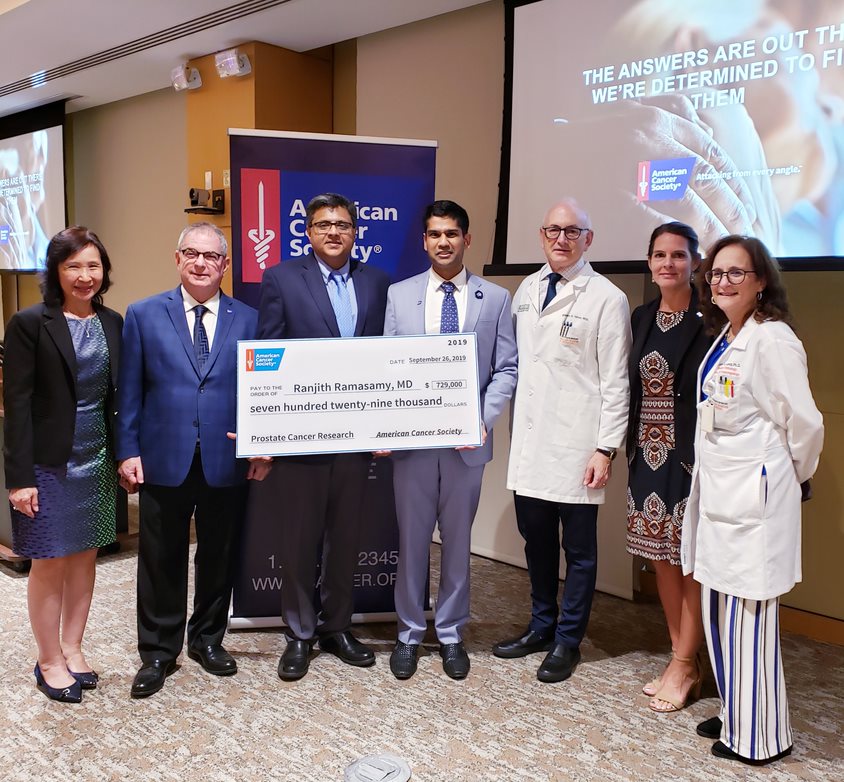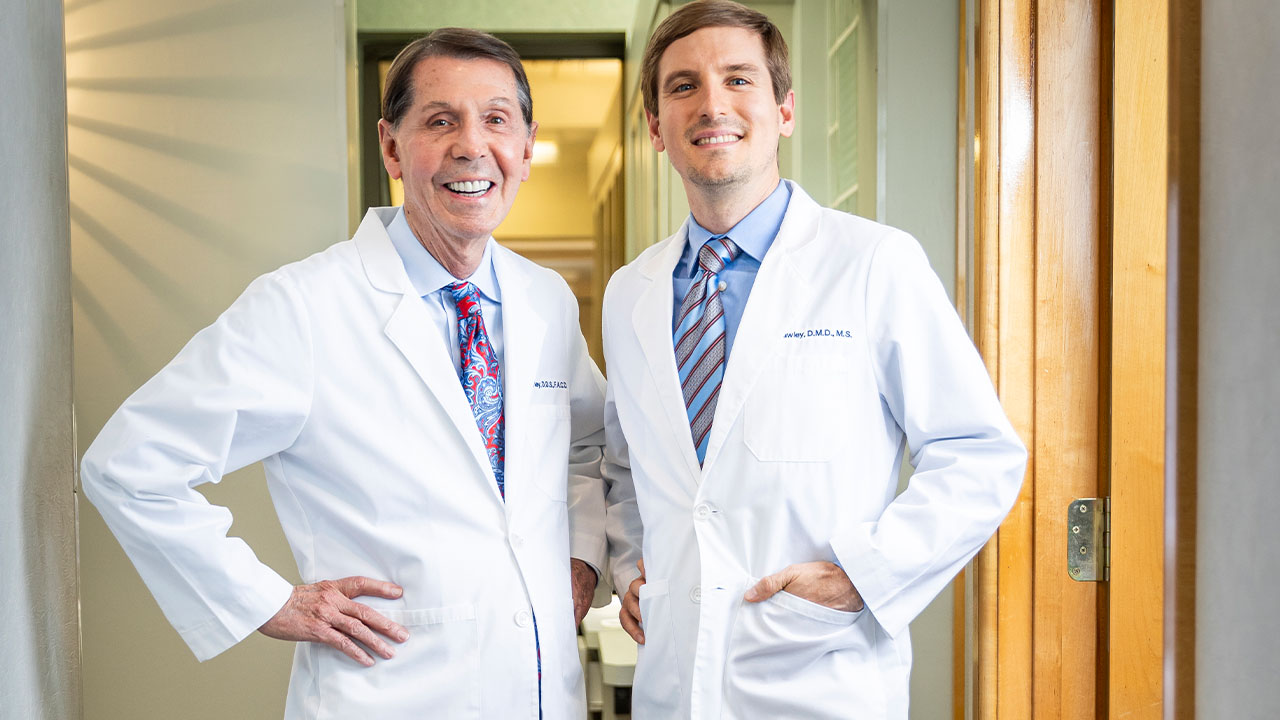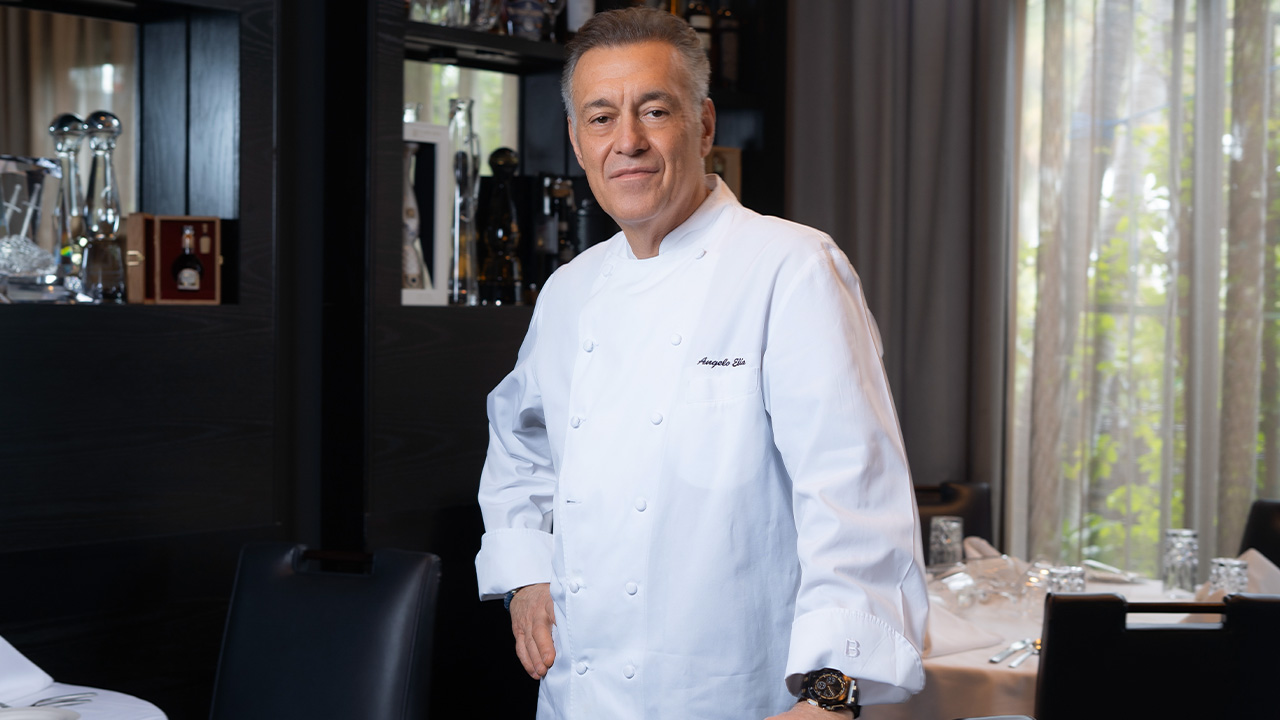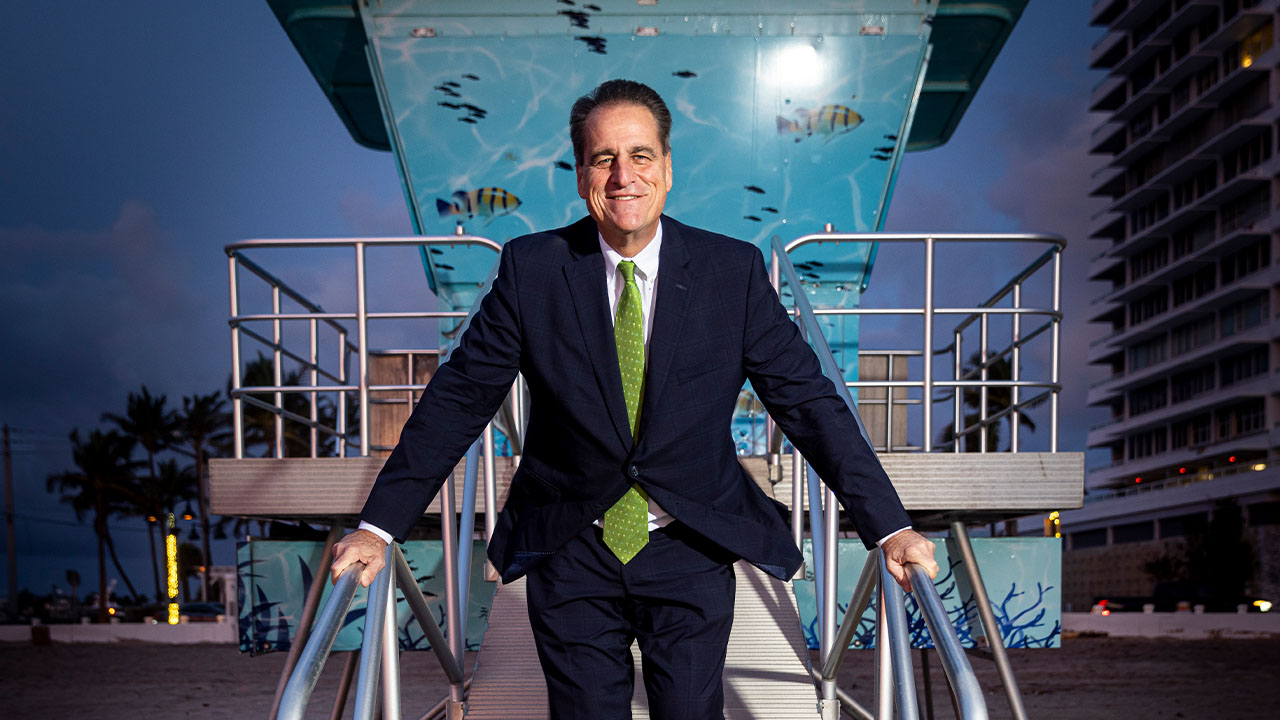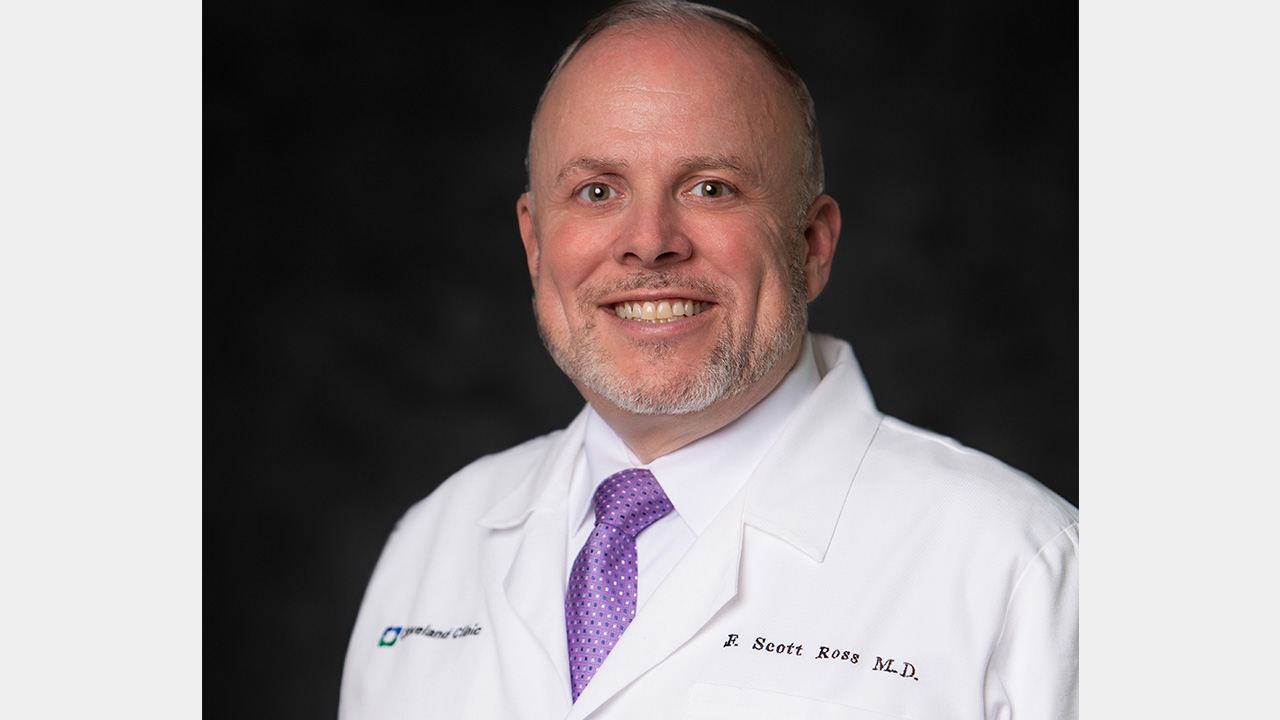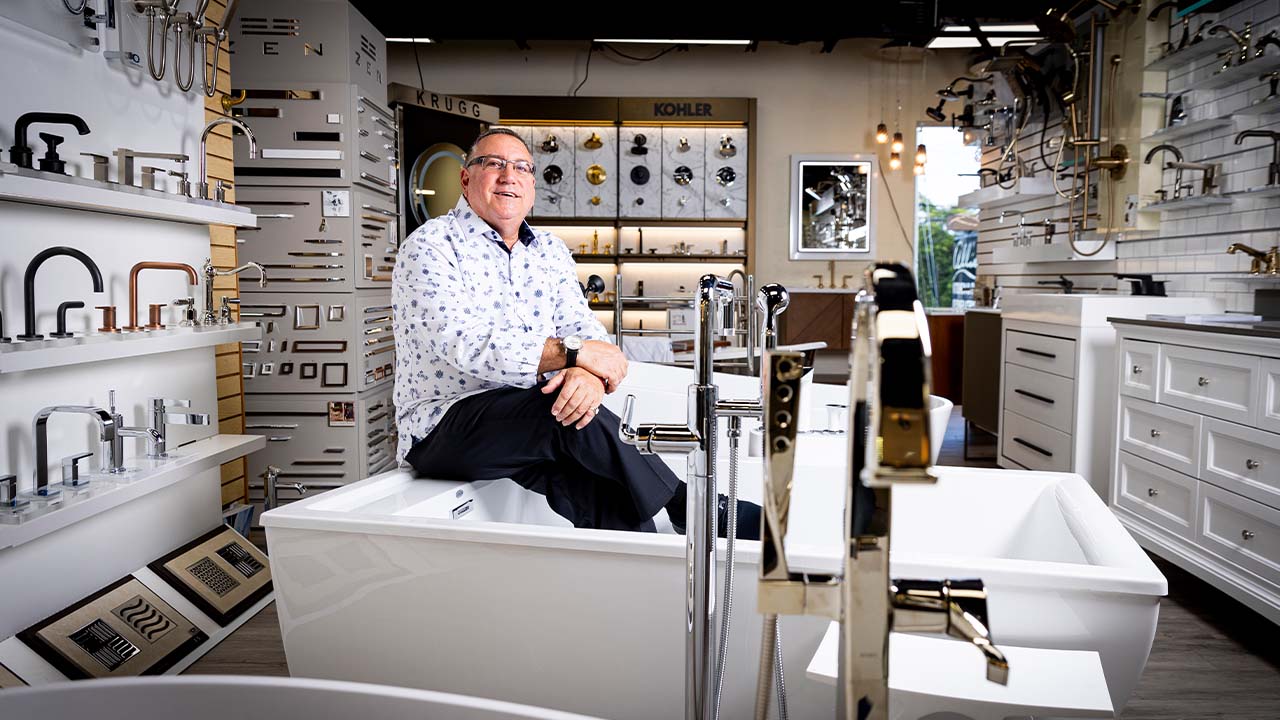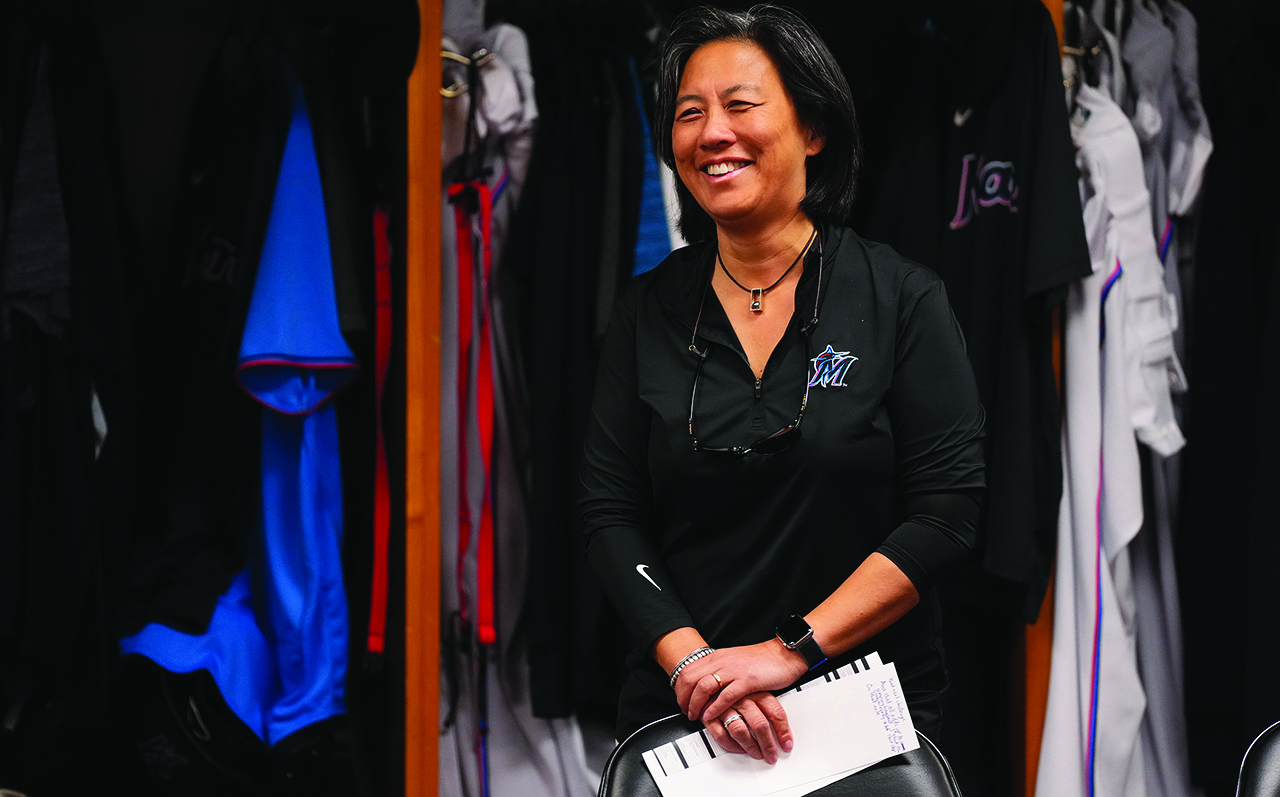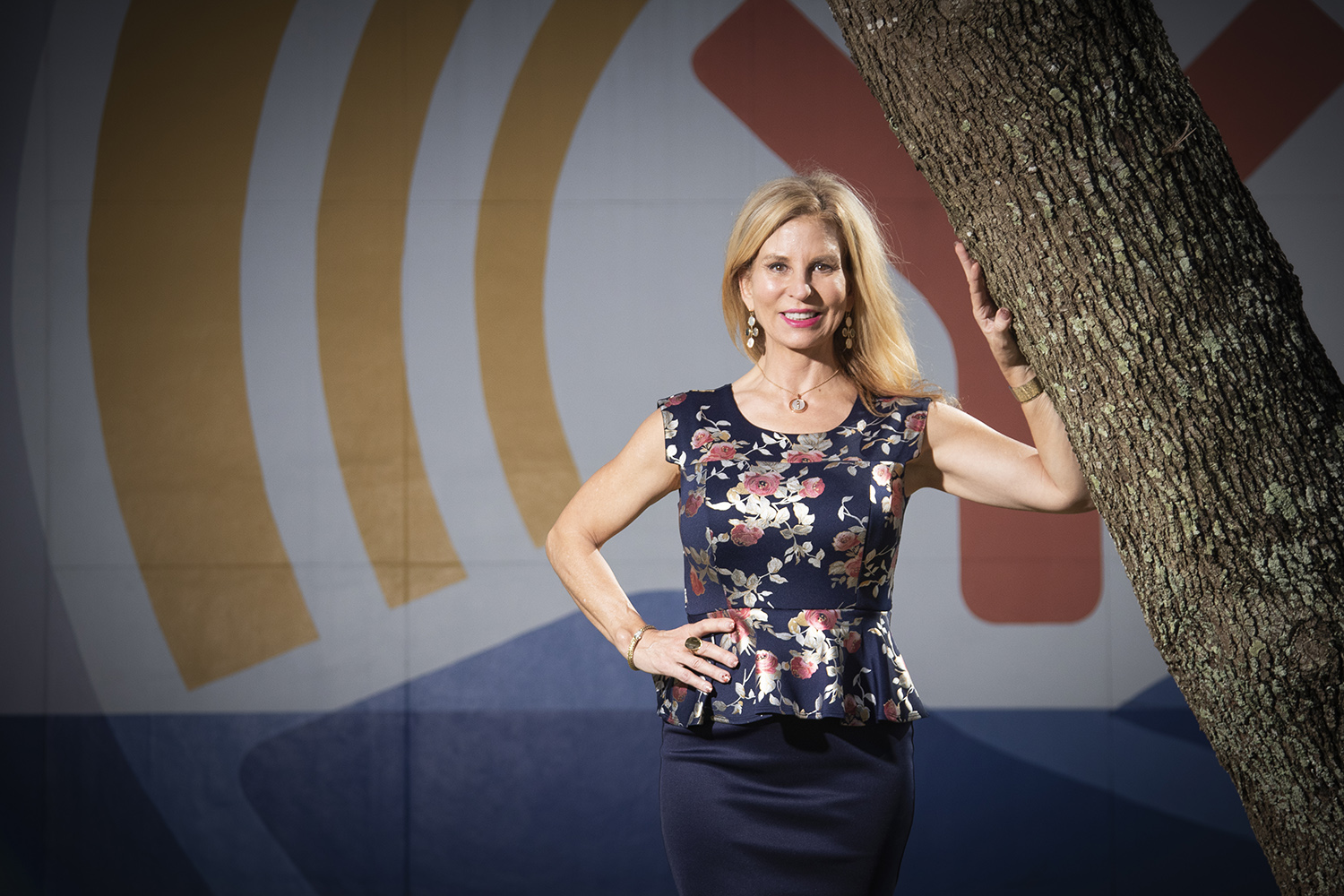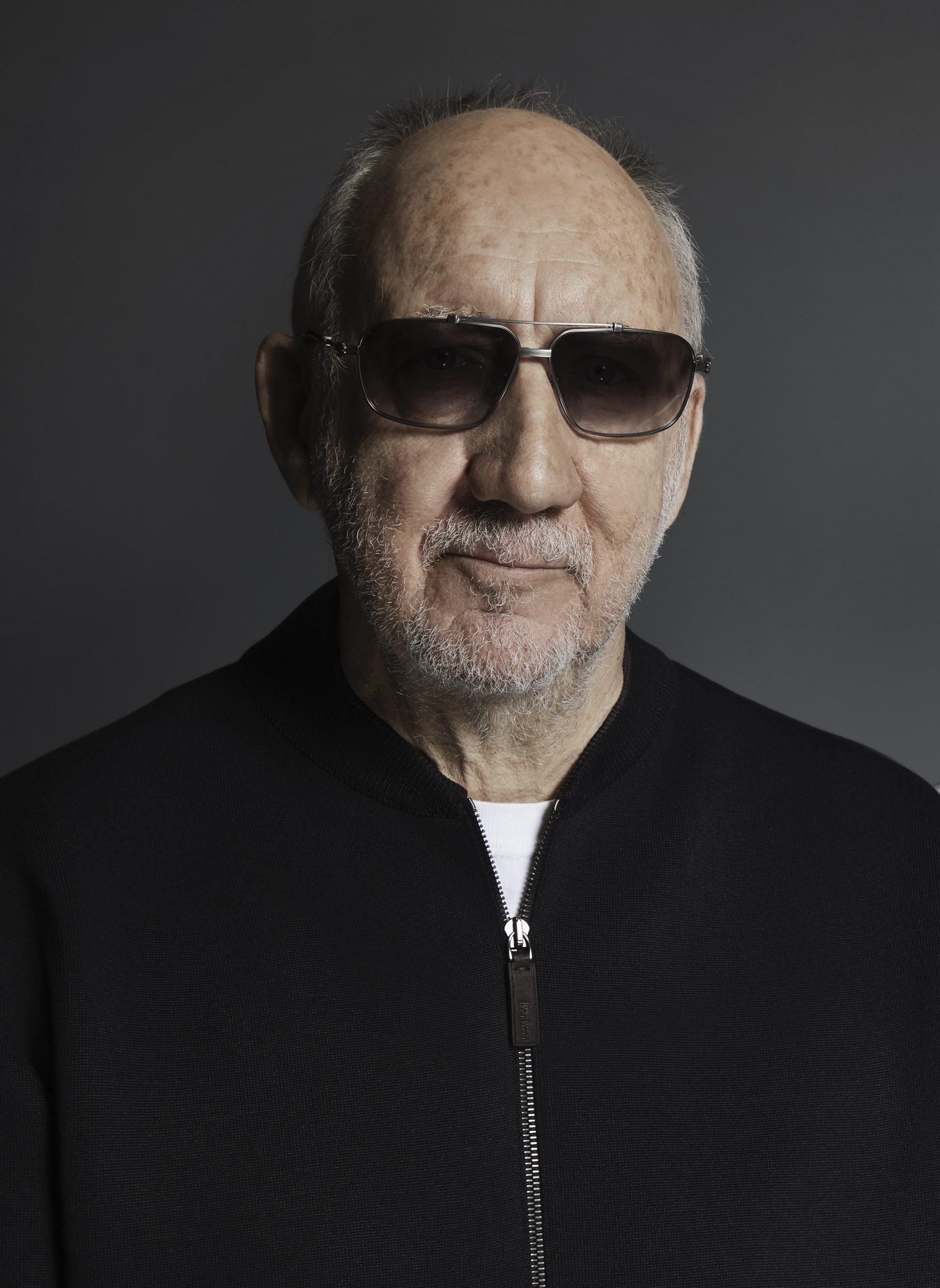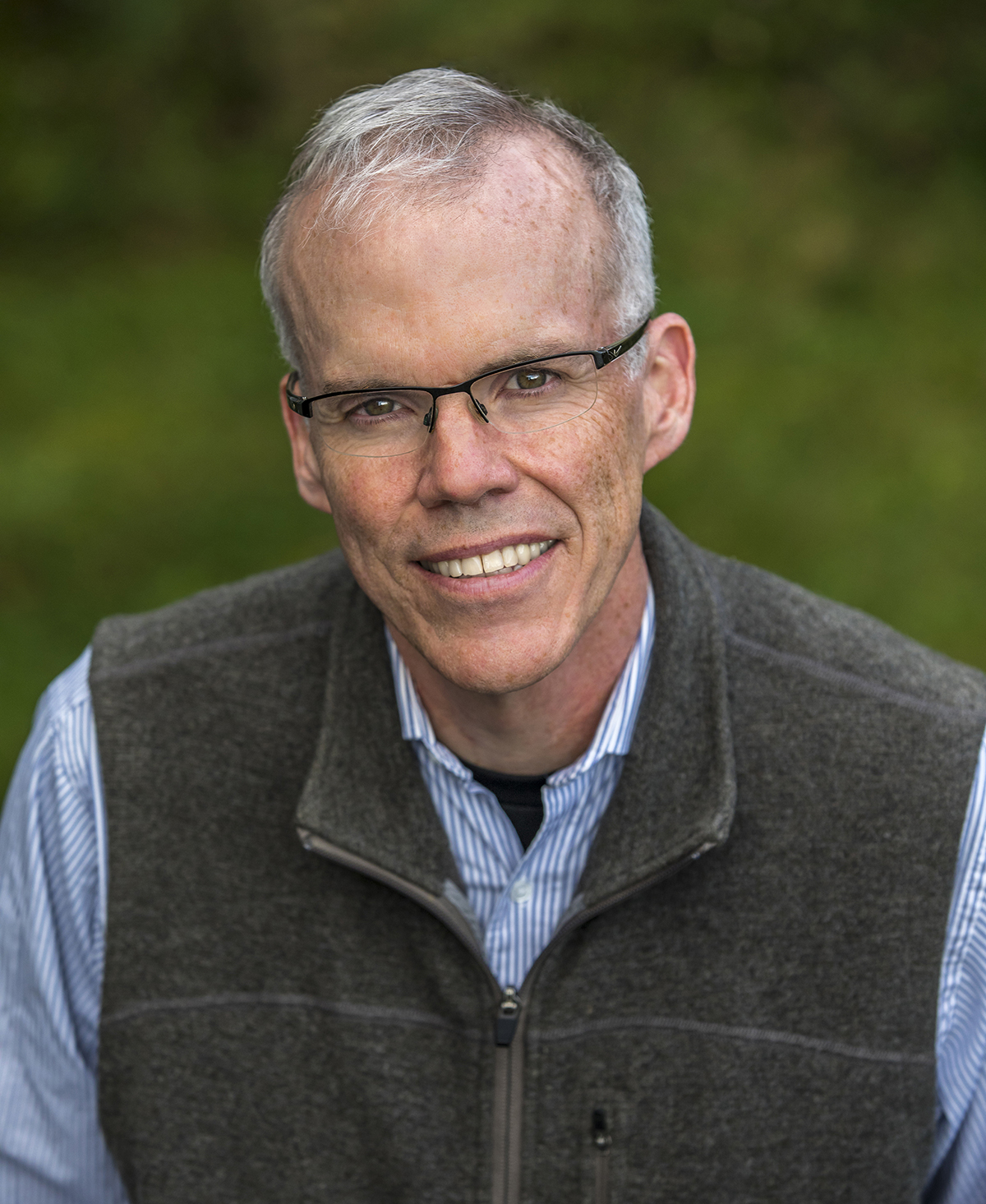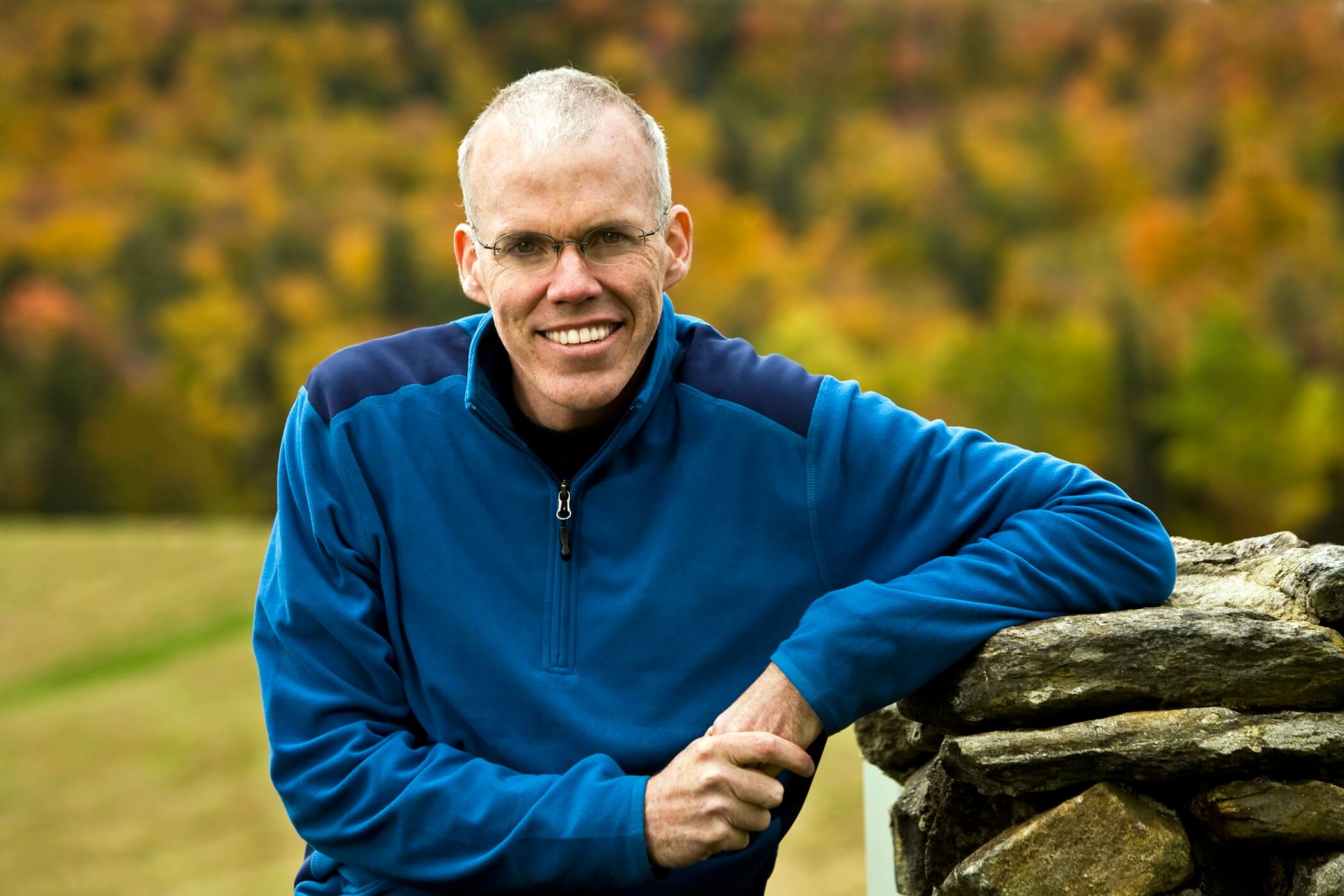Much has been said about how the coronavirus pandemic stopped life in its tracks, but in reality, many organizations couldn’t afford to pause the vital work they do in the community.
For the American Cancer Society’s Fort Lauderdale offices, this meant switching to virtual operations, while dealing with the fallout of having the majority of its community events and fundraisers canceled. But in its efforts to continue supporting cancer patients and fund research, the American Cancer Society couldn’t afford to pause its work. While the county opens up, ACS has suspended in-person meetings through this month and is looking forward to the future and will assess the situation further later in the summer.
In the meantime, the work to reach out to patients and continue to raise awareness of cancer is its top priority. Here, ACS Executive Director Arleen Uria Speed share how the organization has coped.
How have ACS’s services been affected by the pandemic?
The American Cancer Society is working to support current public health guidance, and we will continue to work hard to meet the needs of cancer patients around the country.
As we received information about the pandemic, we implemented measures to prioritize the health and safety of our patients, volunteers, and staff.
For everyone’s safety, Road To Recovery, our transportation program, was temporarily suspended. When we reactivate the service for patients needing rides to treatment, the need will be great for volunteers and funding. We continue to virtually recruit, train volunteer drivers and secure funding.
Our Lodging program to house patients and families going through cancer treatment was also temporarily suspended. When it’s safe, we will continue to operate our 36 Hope Lodges as homes away from home for cancer patients and their families during treatment at distant locations.
What are some positive things that have happened locally during this time
Every day, more people are diagnosed with cancer, and they’re more vulnerable than ever right now. Their needs are urgent. A lot of the funds we raise to help them comes from our in-person events, which have been suspended for the next couple of months. In Southeast Florida, those postponements have affected the majority of our events season. However, we are fortunate to have an incredibly passionate army of volunteers who have taken on the challenge and are exploring innovative ways to move these events to the virtual world to keep the fundraising going. We are seeing everything, much being led by our volunteers which is so encouraging: virtual events and fundraisers, telethons, online auctions, walk outs. Today we rely on our devoted volunteers and staff to keep us fueling our mission.
What are some of the ways that ACS has continued to continue its mission during this time?
The American Cancer Society serves cancer patients and communities nationwide. Cancer hasn’t stopped, so neither will we, in the following ways:
- Information and guidance: We will continue to make sure nobody has to face cancer alone. We remain available to patients free of charge, 24/7, 365 days a year at 800.227.2345 and cancer.org. Answer over 1.42 million calls through our help line. Over 118 million people visit cancer.org for information on cancer.
- Funding and conducting research: We continue to pursue breakthroughs by funding grants to early career investigators. Our most visible internal research work, like Cancer Facts & Figures, Cancer Prevention Studies and science-based guidelines, will continue to provide global cancer control leadership and direction.
- Hope Lodges: Until it’s safe to have patients return to our Hope Lodges, our Hope Lodge facilities around the country will be made available for health care workers on the front lines of the coronavirus fight—at no cost—through the health care systems they are affiliated with.
- Strategic community-based cancer control: We continue to convene and collaborate with community health systems insurance providers and health agencies to advance prevention, early detection and patient care interventions that are proven to save and improve lives in every community.
- Advocacy: ACS CAN’s federal and regional advocacy agenda will prioritize public policy and legislation that focus on critical issues for cancer patients: access to care, access to cures (research funding, clinical trials) and tobacco control, with an emphasis on cancer disparities and health equity.
Do you think this experience will change the way ACS operates moving forward?
When the COVID-19 pandemic began, the American Cancer Society was heading into a very important time in our fundraising efforts for our mission. This is undoubtedly a challenging time, but the fact is, cancer does not stop and neither do we. The American Cancer Society is open for business. We are continuing the conversation with volunteers and most of our events have been postponed to a future time or will be held in a virtual fashion.
We won’t let this pandemic cancel our determination to rally communities to fight cancer. With our volunteers and partners, we will create reimagined plans for things like Relay For Life, Making Strides Against Breast Cancer, galas, golf tournaments and more. We will grow our relationships with major donors and corporations to increase their investments in our mission. But our top priority will always be the health and safety of our volunteers, staff, and the cancer patients and their loved ones who rely on us.
To learn how to support ACS, including with donations, visit cancer.org.
Pictured above: ACS staff and volunteers present a check to Sylvester Comprehensive Cancer Center. From left to right: Dr. Grace Wang, ACS volunteer and Miami Cancer Institute; Jeff Schultz, ACS volunteer; Dipen J. Parekh, MD, Sylvester Comprehensive Cancer Center; Dr. Ramasamy, ACS grantee and Sylvester Comprehensive Cancer Center; Dr. Stephen Nimer, Sylvester Comprehensive Cancer Center; Arleen Uria-Speed, ACS Executive Director; Dr. Donna Lundy, ACS volunteer and Sylvester Comprehensive Cancer Center



